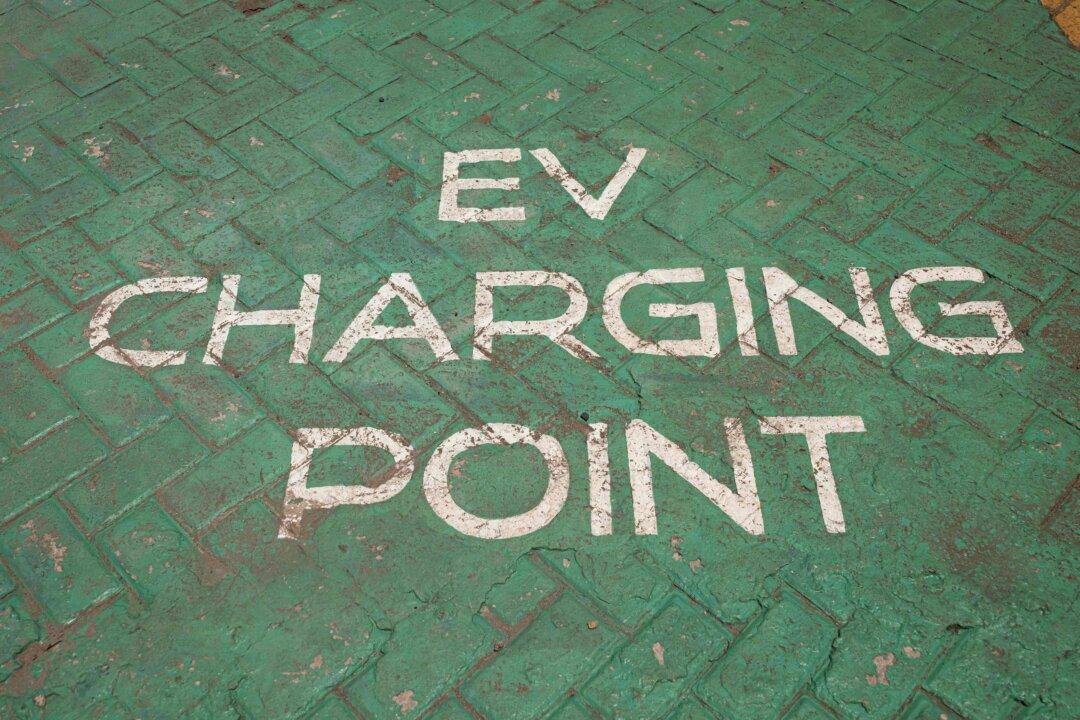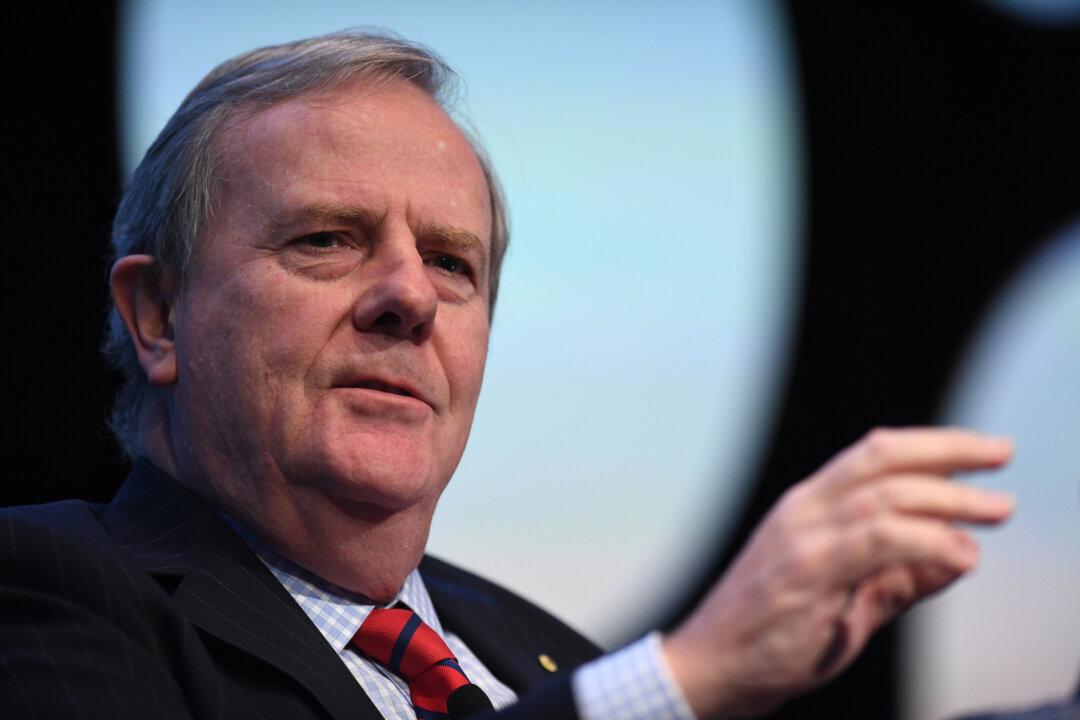The number of New Zealanders willing to shift to an electric vehicle (EV) has sharply declined over the past three months, with less than one in four new cars leaving the lots being electric, posing a significant challenge for the government in meeting its climate targets.
Data from the Motor Industry Association (MIA) for the March period shows a significant decline in new EV Sales compared to March of the previous year.





